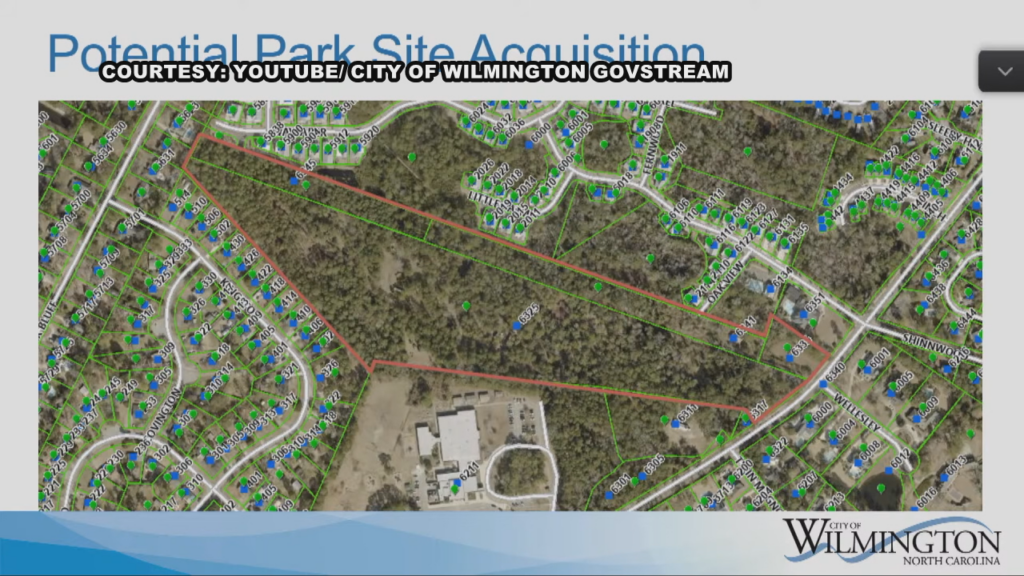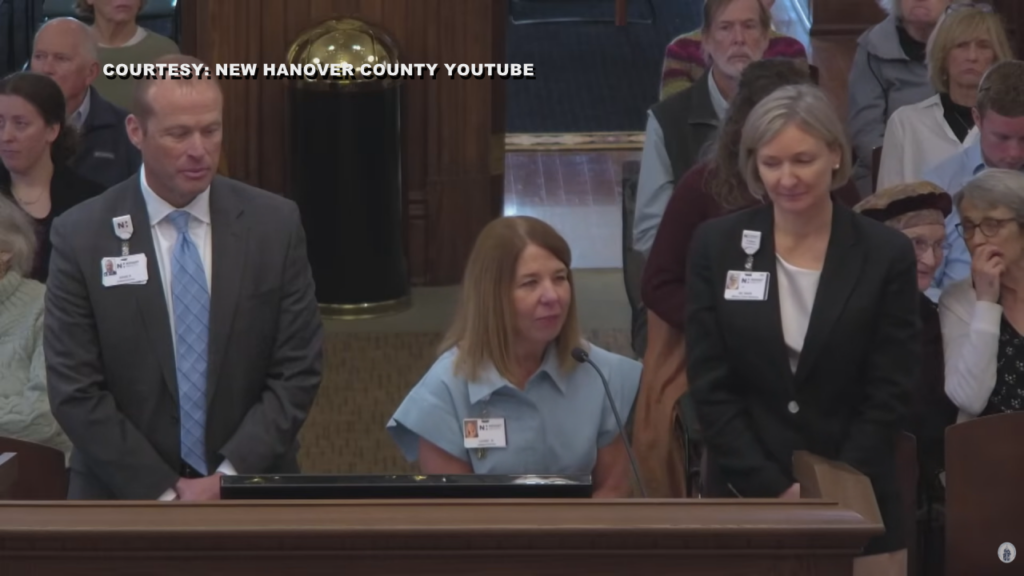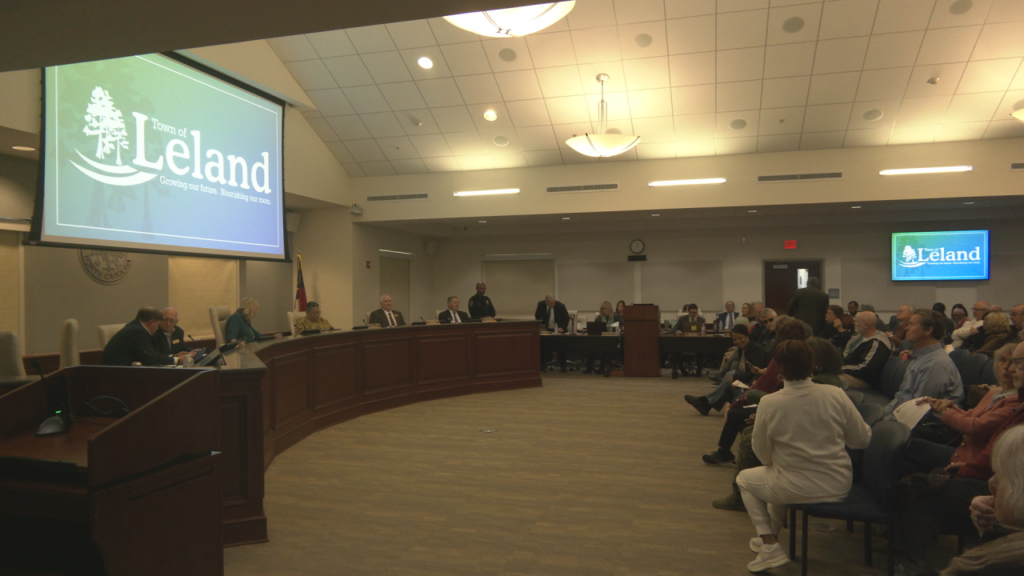North Carolina Supreme Court hears arguments on ongoing Leandro education case
RALEIGH, NC (WWAY) — The North Carolina Supreme Court heard arguments on Thursday morning as part of the ongoing Leandro case.
It has been 30 years since the parents of students in 5 rural school districts sued the state, arguing the state wasn’t providing a sound and basic education that the North Carolina Constitution guaranteed.
Back in November of 2022, a Democratic majority of the Supreme Court ordered the legislature to spend $1.75 billion to improve public schools.
But now that Republicans have taken the majority on the Supreme Court, attorneys for the legislature are appealing the decision.
Community Conversations advocate Rebecca Trammel said that shows a lack of support for students.
“And so today, where we stand, is not only a problem or a crisis in our education system, we are talking about a crisis of rule of law that we can allow, knowingly allow and permit this continual abuse of our children, neglect of our children,” Trammel said.
Today, Governor Roy Cooper issued the following statement:
Public schools are the bedrock of our communities and of our state’s economic success. More than 8 out of 10 school-aged children in North Carolina attend public schools. Unfortunately, our strong public schools are at risk because of the legislature’s consistent and intentional underfunding and neglect.
For decades, justices of both political parties have ruled that our state constitution requires that all students have the opportunity for a sound basic education. Most recently, in 2022, the Supreme Court reaffirmed this right along with a plan ensuring we fully fund our public schools.
Now, legislative leaders want a partisan Republican Supreme Court to dramatically re-interpret the Constitution to remove the legislature’s legal obligation to invest in our public schools. So far, this Court has done whatever legislative leaders have told them to do. Let’s hope that this time, this Court will be unafraid to uphold decades of bipartisan precedent and side with school children instead of bowing to political power.
For 150 years, North Carolina has defined itself on the strength of our public education system. Our state has the resources to fully fund our public schools and now is the time to do it.
For Senator Berger and Speaker Moore, this case is not about our children, it’s about their power. What a sad moment in our history when legislative leaders ask the N.C. Supreme Court to invalidate what a bipartisan court has affirmed for decades: the State Constitution gives our children the right to a sound basic education. Public school children are at the most important crossroads in our history. Will our Supreme Court be courageous enough to protect those children, or will it once again protect the power of the politicians who would rather give billions in tax breaks and private school vouchers for the wealthy?
Attorney General Josh Stein also released a statement today with Solicitor General Ryan Park arguing the Leandro school funding case in front of the Supreme Court.
“Today, lawyers from my office are arguing that we must invest in our public schools so our students can get the sound, basic public education that is their constitutional right. North Carolina – our executive branch, legislature, and courts – has a constitutional duty to deliver that education.
“It makes no sense that we’ve spent decades fighting over the simple principle that we need to have a good teacher in every classroom and a good principal in every school. The Supreme Court recently reaffirmed that principle. Now, the legislative leadership is trying to undo that landmark victory for public education because they don’t want to adequately invest in our kids’ future, and they believe the new Court will let them get away with it.
“North Carolina is 49th in the country in public education investment as a share of our economy and 46th in starting teacher pay. It is long past time for us to do better for our young people, and it starts with the Court reaffirming that truth in this case.”
A final decision on the case is not expected for a few months.




